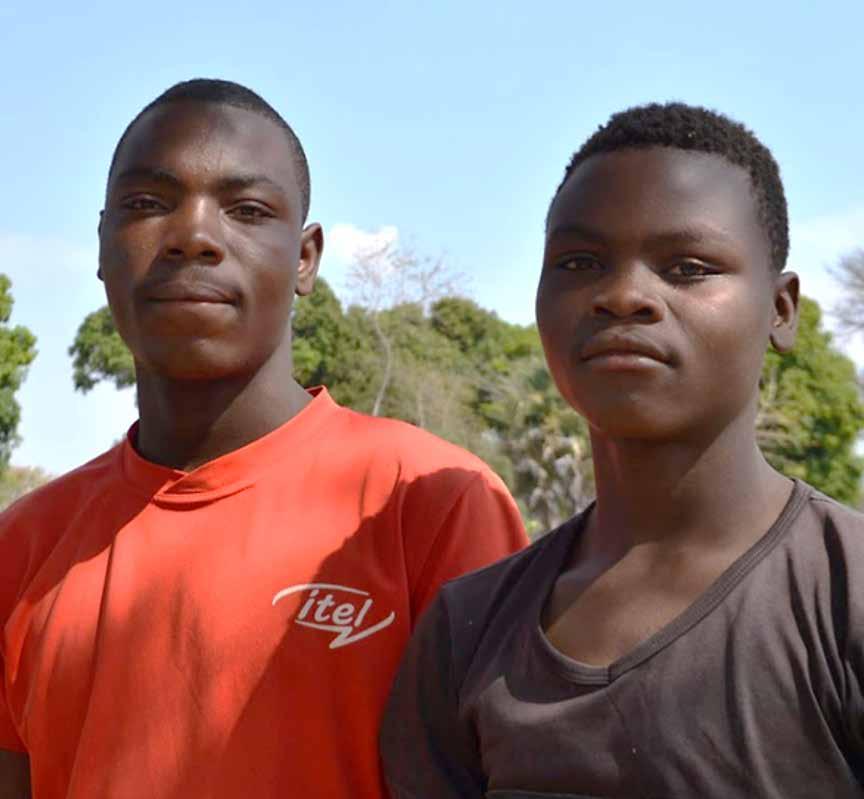NEWSLETTER SUMMER 2023
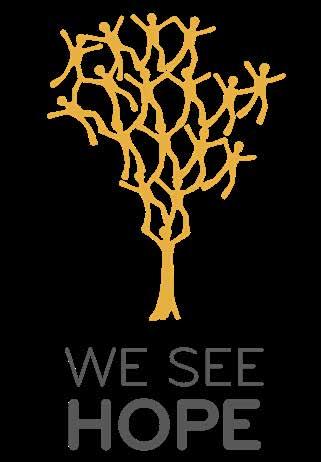
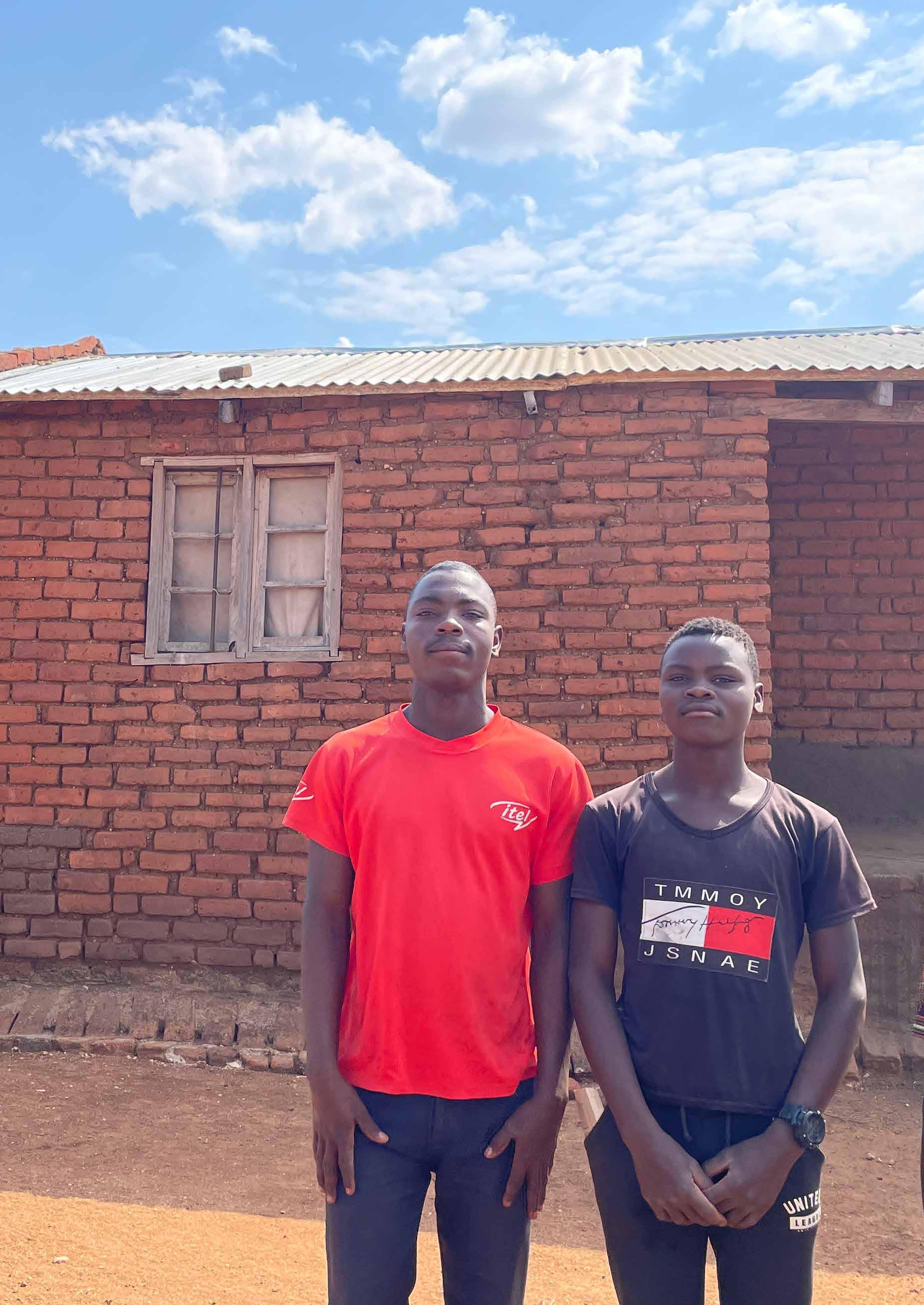 SHEILA IMMACULATE KENGINGO, WESEEHOPE
SHEILA IMMACULATE KENGINGO, WESEEHOPE
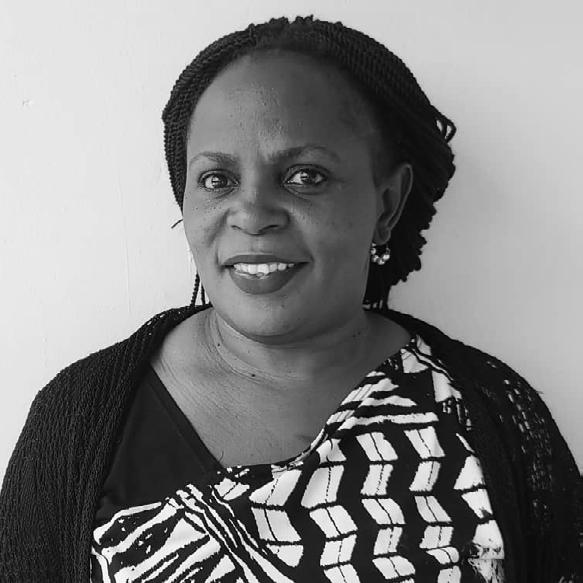 UGANDA MANAGER
UGANDA MANAGER


 SHEILA IMMACULATE KENGINGO, WESEEHOPE
SHEILA IMMACULATE KENGINGO, WESEEHOPE
 UGANDA MANAGER
UGANDA MANAGER
Welcome to your Summer Newsletter!
As part of my role, I see each of our valued partners across Uganda at least three times a year. In April, I headed west from Kampala to the Ntoroko District to visit the communities we work with there alongside our partner in the region, RIDE.
The second least populated district in Uganda, Ntoroko is surrounded by the Rwenzori mountain range to the south, Lake Albert in the north, and the DRC border to the west. Limited government investment in hard-to-reach areas mean that children living in poverty are missing out on some of their fundamental rights. For example, 20% of 6-15 year-olds are estimated to not be attending school, and rates of child labour, child marriage and early marriage are particularly high.
In Ntoroko, we currently run four of our programs with RIDE. Whether it’s working with children living without the support of a parent, young people who have dropped out of school, or parents and guardians who don’t have access to any formal banking services, our programs are designed to support the members to learn new skills that can change their futures.
We also work together to create clubs through our Child Rights Program for young people in primary school. Members learn about their rights and responsibilities through song, dance and games, and become advocates for the rights of others. They undertake outreach activities to get children back into education and reduce child rights violations in their communities.
The cumulative impact of these programs in a community is remarkable. For example, RIDE reported to me that many schools in the area are seeing improved levels of attendance, and that there have been several cases of children who had dropped out of school that were now returning.
I was really pleased with the progress I saw from the communities and households I caught up with during my visit. You can see some photos and highlights from my trip and of our work with RIDE overleaf.
THANK YOU for your continued support!


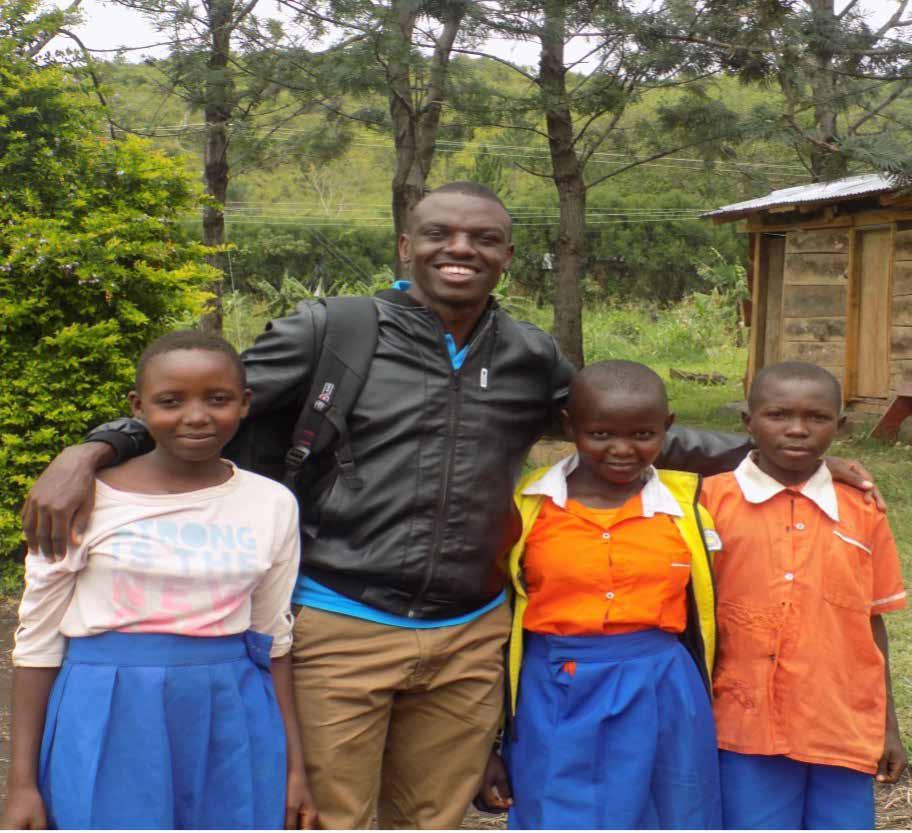
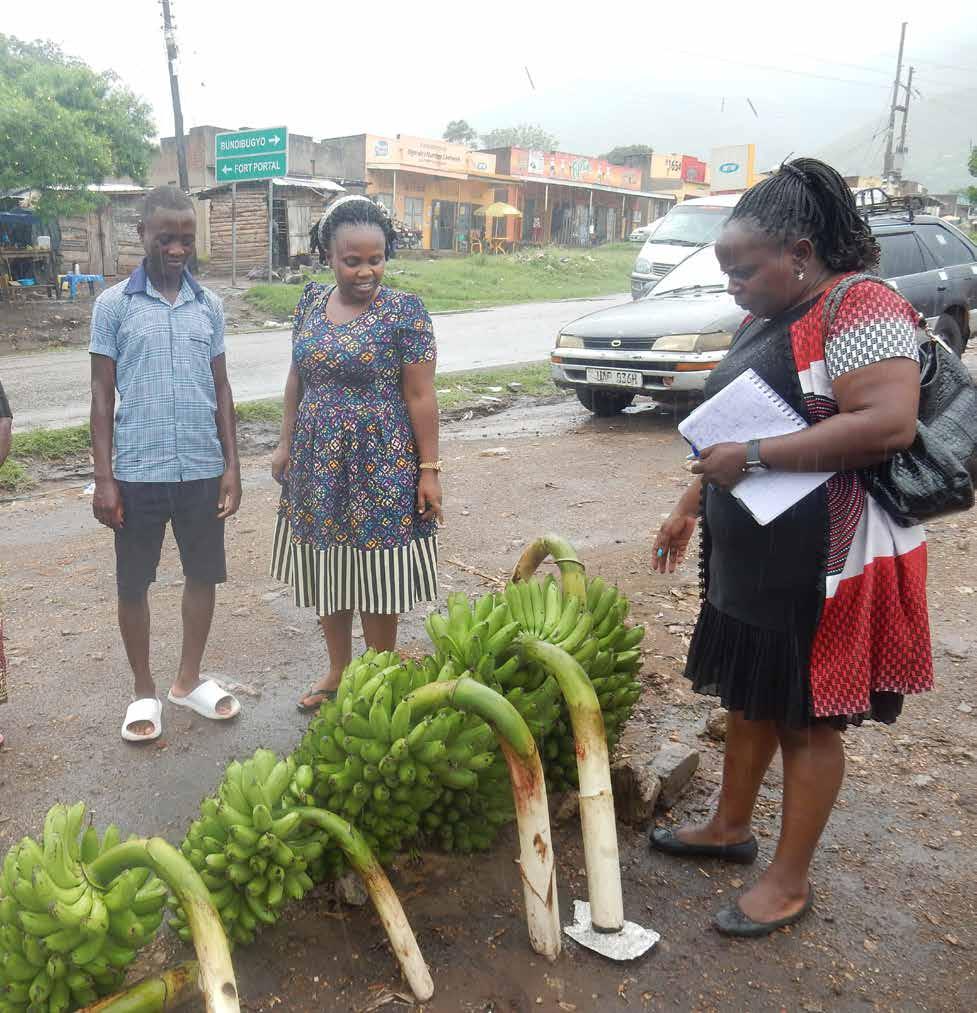

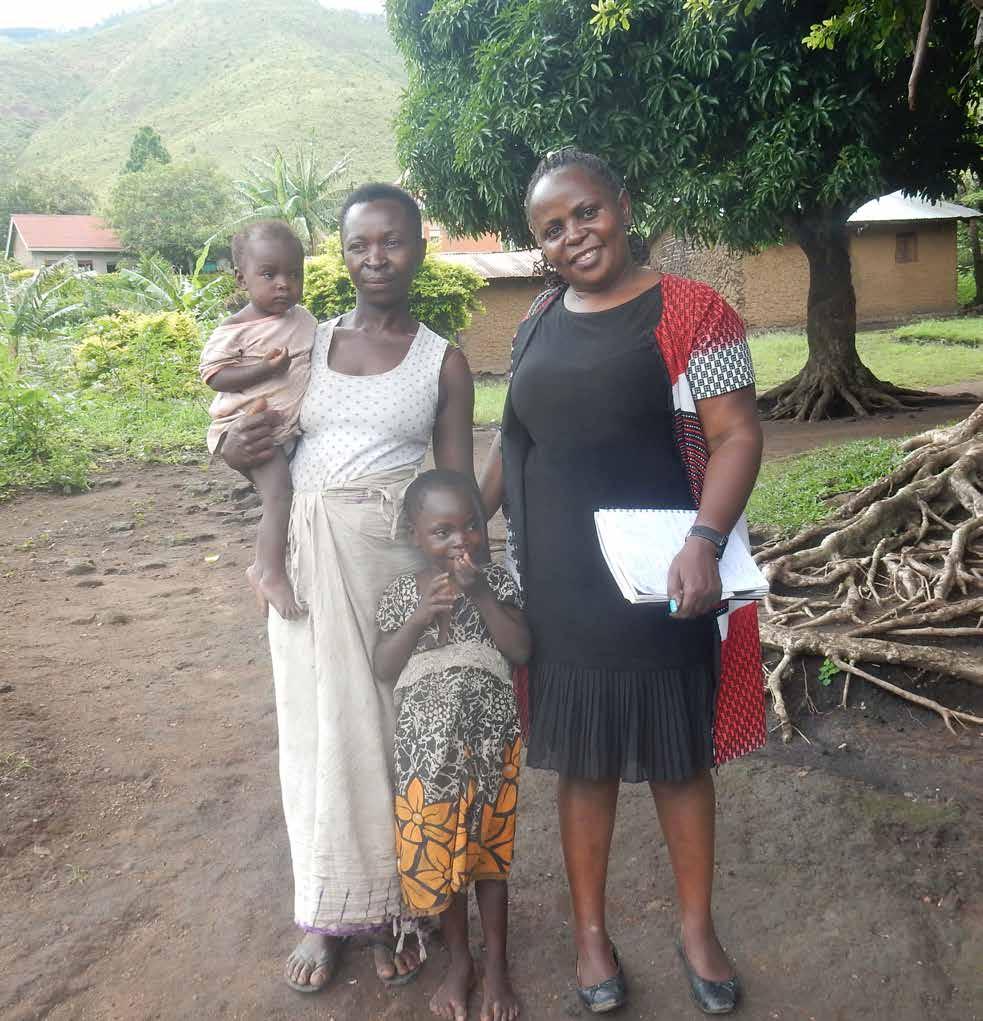
Here’s a snapshot of some of the incredible work you have made possible over the past few months.
In April, 23 members of the Githurai Street Association in Nairobi, Kenya, completed their third and final year of training on our Street Work Program with our partner Undugu. The group have worked together to develop two joint enterprises, one collecting and recycling rubbish and the other rearing pigs.

Their success has meant that 15 members of the group have been able to save enough money to secure their own rented accommodation, with the other eight members on the path to start renting their own places soon too!

This year, we are working with our newest partner Fanisi Tanzania to establish 10 Child Rights Clubs in and around the city of Mwanza.
In the early stages of the clubs, children learn about their rights and responsibilities through a variety of interactive activities including storytelling and games. They then practise their skills as advocates for the rights of others, as seen here during a club meeting in March. With time, these young people become champions of children’s rights and run outreach activities throughout their communities.
With the profits of their new businesses, community members training on our Village Investors Program (VIP) are developing social safety nets throughout their communities. One way they do this is by creating an Orphan Fund to help vulnerable children who are in extreme need of support.

In Lapul Sub-County, a rural locality in northern Uganda, we are currently working with 32 VIP groups alongside our partner Oasis Pader. Since the groups were established, they have each supported an average of 15 young people in their community, providing them with learning materials such as books and stationary, and paying for uniforms and school fees.

In April, our partner MPC Nkhoma delivered a series of training sessions for the guardians of 40 young people who are members of our Child Headed Households Program in Ngodzi, central Malawi. The training focused on best practices in goat rearing, including how to safely nurture them into productive assets.
This is a key part of the program. It means that children living without a parent or guardian have a source of food, they can use manure as fertilizer to benefit their food garden, and they also have a valuable economic safety net as they can sell one of their goats, often for a high price, during particularly challenging times.
FIND OUT MORE ABOUT OUR WORK WITH PARTNERS

A child or group of children who have been orphaned, abandoned or left to care for an old or sick relative are extremely vulnerable. With no safety net, it is a struggle for them to survive on a day-to-day basis.
No matter their age, the eldest child bears the responsibility of being the sole provider, caregiver and protector of their household. Living alone or caring for younger siblings, this is an incredible burden to carry.
Without someone to provide for them, they are at acute risk of hunger, distress and exploitation. Furthermore, they are much more likely to miss out on an education and the opportunity to develop their skills, meaning that
households become trapped in a cycle of poverty.
In Malawi and Uganda, where child headed households are common in the rural and isolated communities where we work, we are delivering our Child Headed Households (CHH) Program with three of our partners.
Over three years, we seek to make a significant, long-lasting and selfsustaining difference to their well-being and standard of living by:

TRAINING community volunteers as guardians who visit the households regularly, providing guidance, counseling, protection and a helping hand in their homes.
EQUIPPING each household with the tools and training to safely earn an immediate source of income through a small business, such as products to start a small grocery business, or a bicycle which they can use as a local taxi service. .
TEACHING each household how to start and manage their own food garden and livestock project, providing them with start up materials such as seeds and fertilizer, and pigs or goats.
Run in conjunction, these activities have a far-reaching impact. In the short term, children access a support system and begin to build ties to their community.


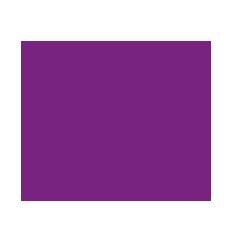


They quickly boost their standard of living through their new income generating activities which helps to pay for their urgent necessities.
In the long run, households are supported to develop sustainable and diversified livelihoods. By turning their food garden and livestock project into additional sources of income to
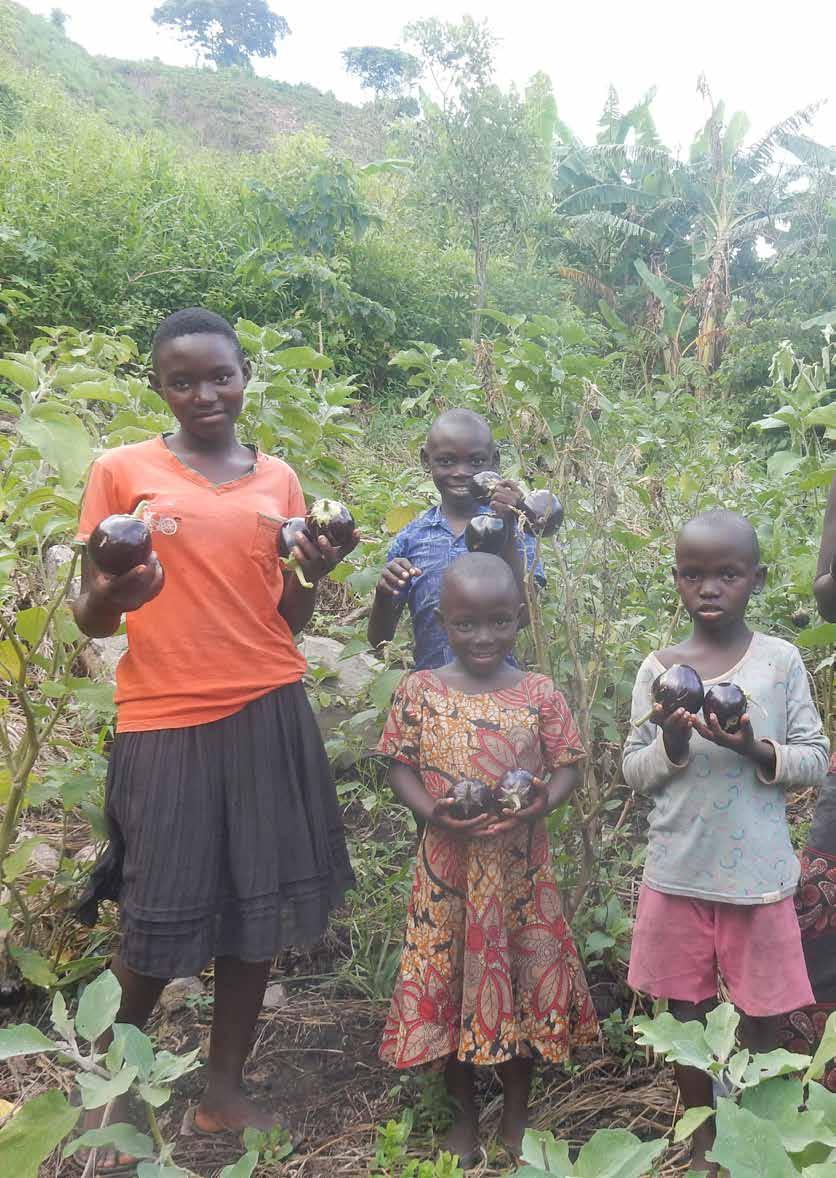
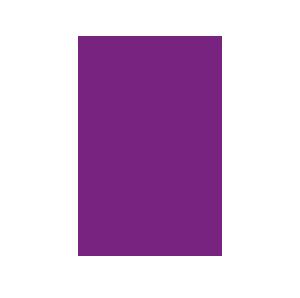
their business, they are able to earn enough money to start looking ahead and planning their futures, as well as building their resilience to potential shocks.
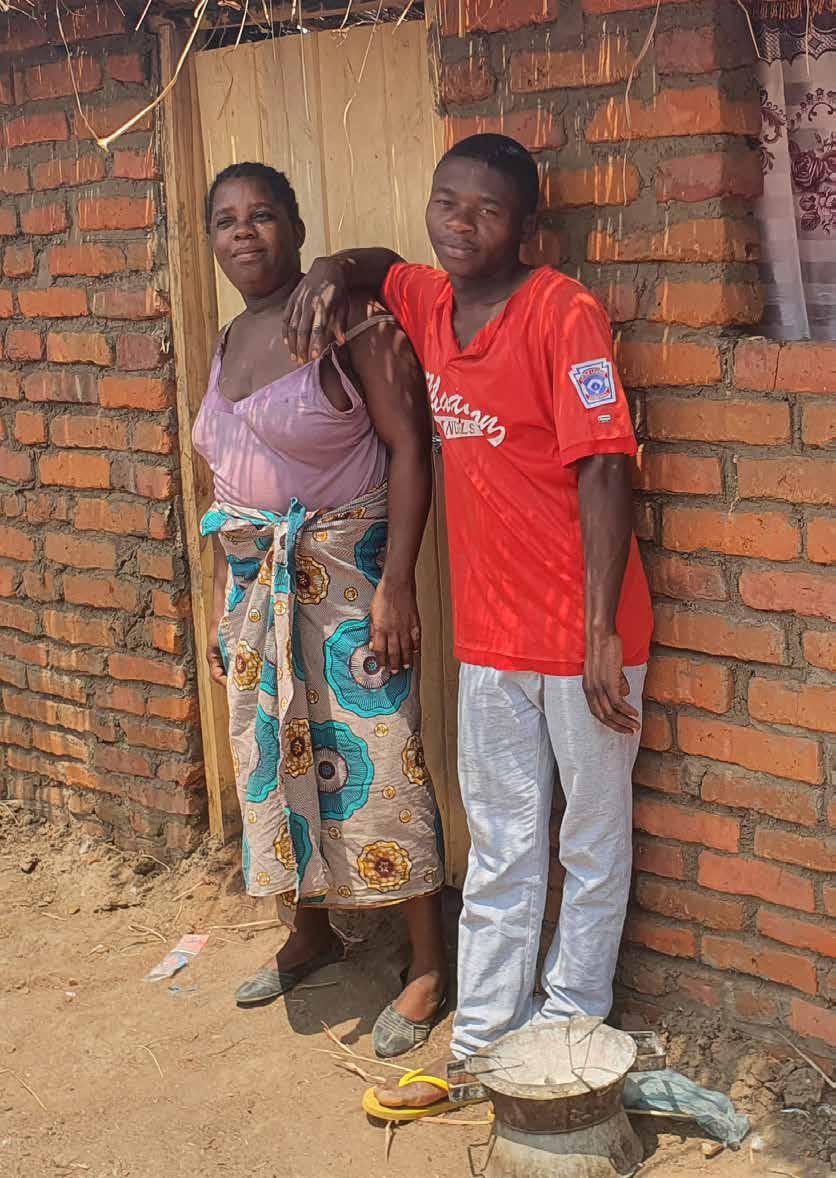
Meet Wellos, who is 18 years old and lives in Chazimi Village in central Malawi with his younger siblings Christopher (17) and Esther (13).
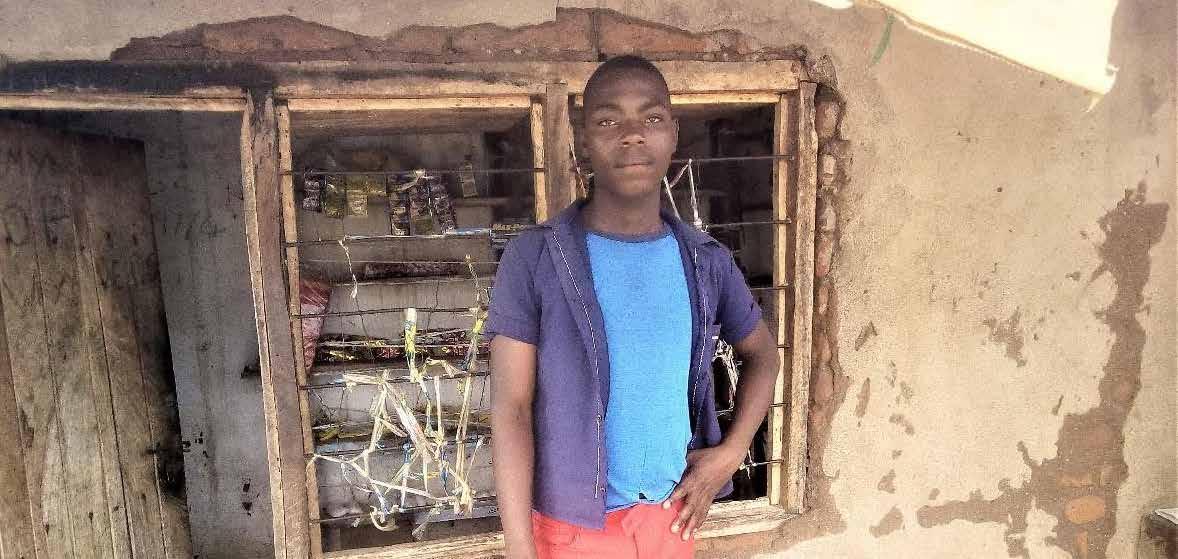
Wellos sadly lost his parents when he was just 12 years old. This is when he became head of his household, responsible for caring for Christopher and Esther and their elderly grandfather who lives nearby.
“One of the main challenges we faced was a lack of food. We would often spend some days without eating anything,” Wellos explains. “We felt isolated from our community and did not have any support. We were very unhappy.”
Our partner MPC Nkhoma identified Wellos’ challenging situation in September 2020 and he was quickly introduced to the program. After being paired with a guardian, one of the first steps was supporting him to establish an immediate and safe source of income
by providing him with start-up stock to launch his own grocery business. He is pictured above in front of his shop.
“Our community supports us now. They come and buy from our shop, and send people to visit us.”
The program also helped Wellos to set up a food garden where he grows maize, sweet potatoes and pumpkin leaves. “I have learnt several farming methods like how to make fertilizer from manure, crop rotations, and multiple cropping, which have all improved my yields.”
Wellos was recently provided with a goat, giving the family a source of income, food and also manure that can be used as fertilizer for their garden.
“I FEEL THAT THE FUTURE IS BRIGHT NOW.”
WELLOS, A MEMBER OF THE CHH PROGRAM IN MALAWI
In his first year, Wellos earned $315 Building on his entrepreneurial spirit, he took part in a mechanics course on our Vocational Training Program, developing his knowledge and skills to turn this into another source of income. He has even started training Christopher to help out.

“Everyone in the community trusts that we are good mechanics. Whenever someone is passing by and has a problem with their motorbike, people send them to us.”
Wellos’ efforts to diversify his income have made a huge difference; he tripled his profits, earning an incredible $915 in his second year of the program!
Now in his third and final year, Wellos is continuing to learn skills so that he and his siblings can continue to thrive long into the future.
“I feel that the future is bright now since I have hope that I will have all the necessary materials to launch my own repair shop and car hire business.”
Wellos also became a member of the Tiyanjane savings and loans group in his village established through our Village Investors Program (VIP). “I learnt ideas that have helped me to run my grocery business properly. We’re now making money everyday and can buy the things we were lacking at home,” he explained.

